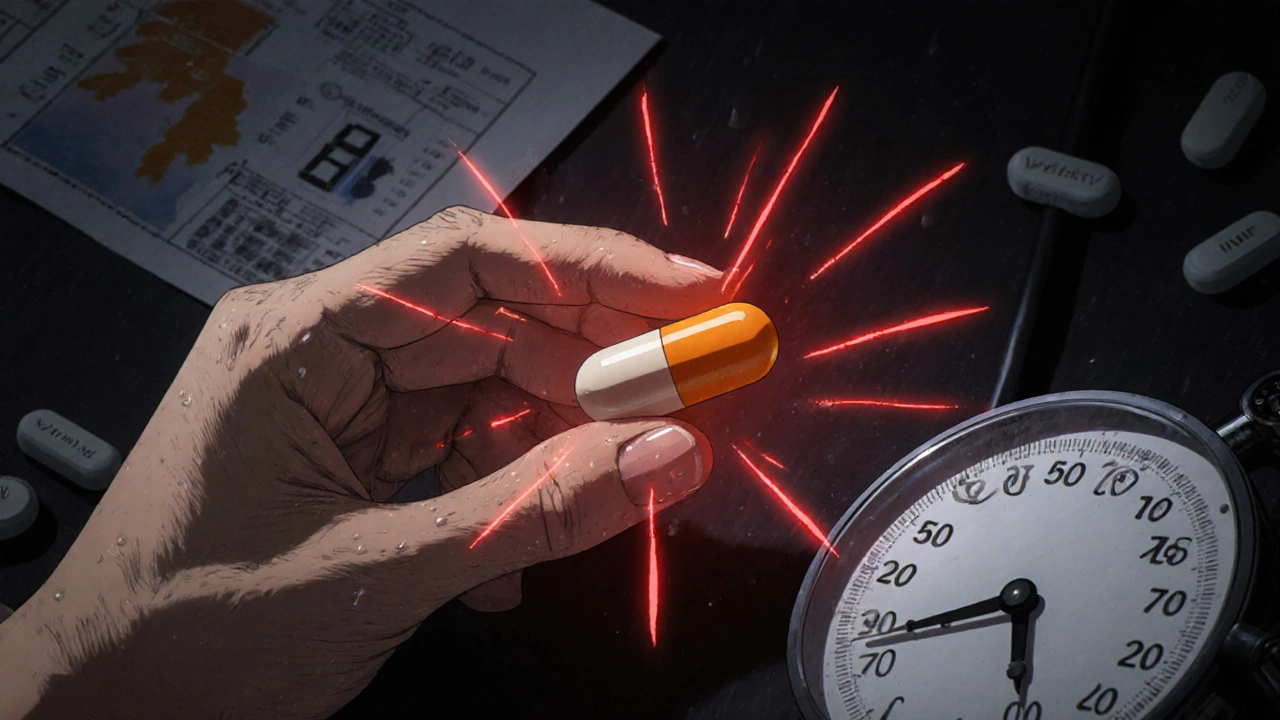Natural Blood Thinner: What Works, What to Avoid, and Real Risks
When people talk about a natural blood thinner, a substance found in food or supplements that reduces blood clotting without a prescription. Also known as natural anticoagulant, it’s often chosen by folks looking to avoid prescription drugs like rivaroxaban, a direct oral anticoagulant used to prevent dangerous clots in the legs, lungs, or heart. But here’s the thing: just because it’s natural doesn’t mean it’s safe—especially when mixed with other meds.
Many turn to garlic, ginger, turmeric, or omega-3s thinking they’re harmless alternatives. But these aren’t just flavor boosters—they actively interfere with clotting pathways. One study found that high-dose fish oil can increase bleeding time by over 30%. That’s not a small effect. If you’re already on a drug like rivaroxaban, adding a natural blood thinner can push you into dangerous territory—bruising that won’t fade, nosebleeds that won’t stop, or worse. And it’s not just supplements. Foods like cranberry juice or green tea can also amplify the effect, often without warning.
There’s also the hidden risk: people assume their doctor knows they’re taking these. They don’t. Not unless you tell them. And even then, most don’t test for interactions unless something goes wrong. That’s why so many end up in the ER with unexplained bleeding. The same goes for heart rhythm issues—some natural substances can trigger QT prolongation, a condition that can lead to sudden cardiac events. That’s why blood thinner side effects, including uncontrolled bleeding, dizziness, and irregular heartbeat need to be taken seriously, no matter the source.
You don’t need to quit these foods cold turkey. But you do need to know your limits. If you’re on a prescription blood thinner, talk to your pharmacist before adding any supplement—even one labeled "pure" or "organic." A teaspoon of turmeric powder in your curry is fine. A 1,000mg capsule daily? That’s a different story. The same goes for garlic pills, ginger extracts, or vitamin E in high doses. They all play a role in how your blood behaves.
The posts below aren’t about miracle cures. They’re about real-world risks and how to stay safe. You’ll find clear guides on managing rivaroxaban side effects, spotting dangerous interactions with other meds, and understanding how even simple supplements can change your health trajectory. Some of these articles cover how heart rhythm problems can be triggered by common drugs. Others show you how to recognize early signs of internal bleeding. This isn’t theoretical. These are the stories people don’t tell until it’s too late. What you read here could help you avoid a hospital visit—or worse.
Turmeric and Blood Thinners: What You Need to Know About the Dangerous Interaction
Turmeric and curcumin supplements can dangerously increase bleeding risk when taken with blood thinners like warfarin or aspirin. Real cases show INR levels spiking to life-threatening levels. Avoid supplements if you're on anticoagulants.
learn more